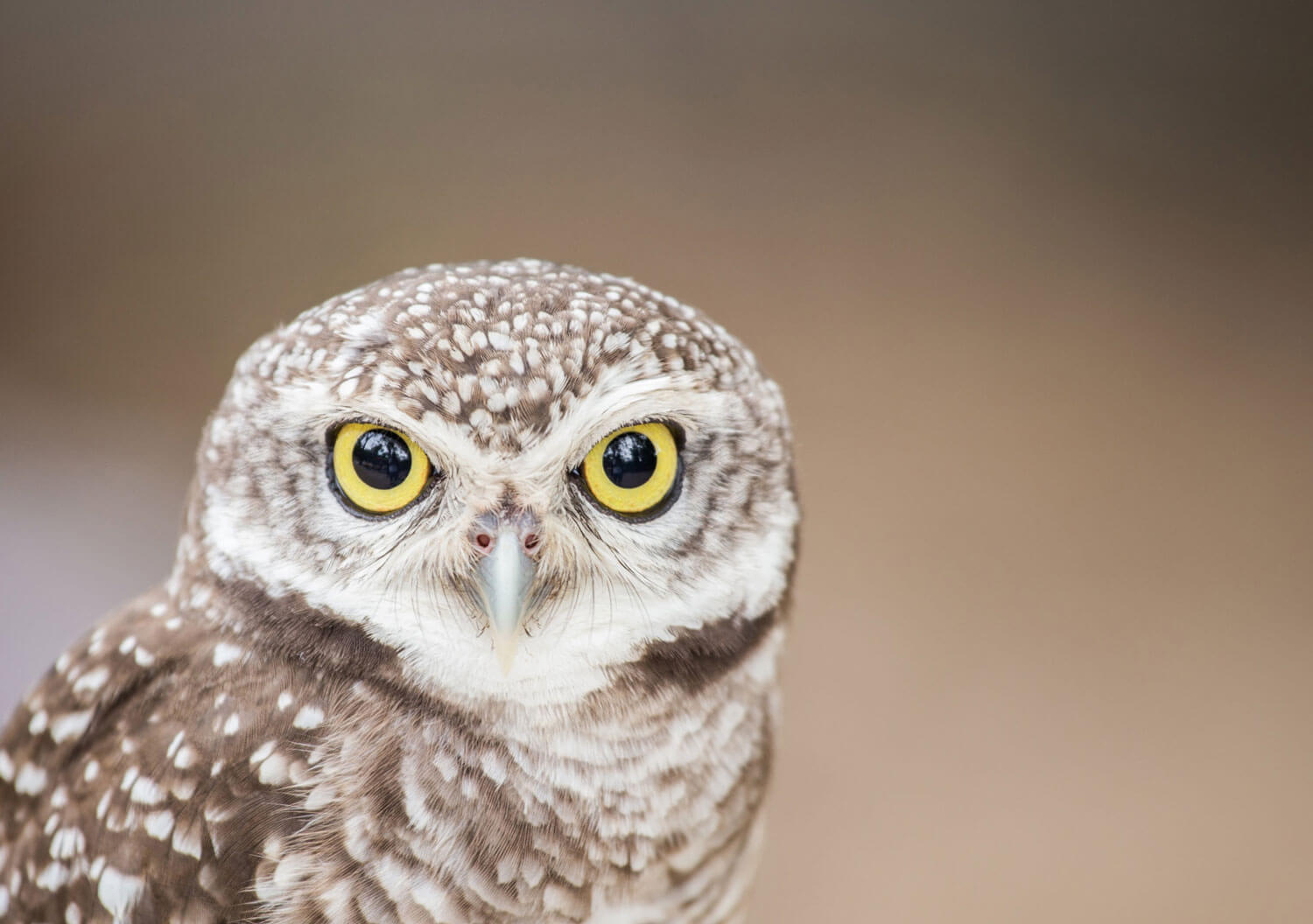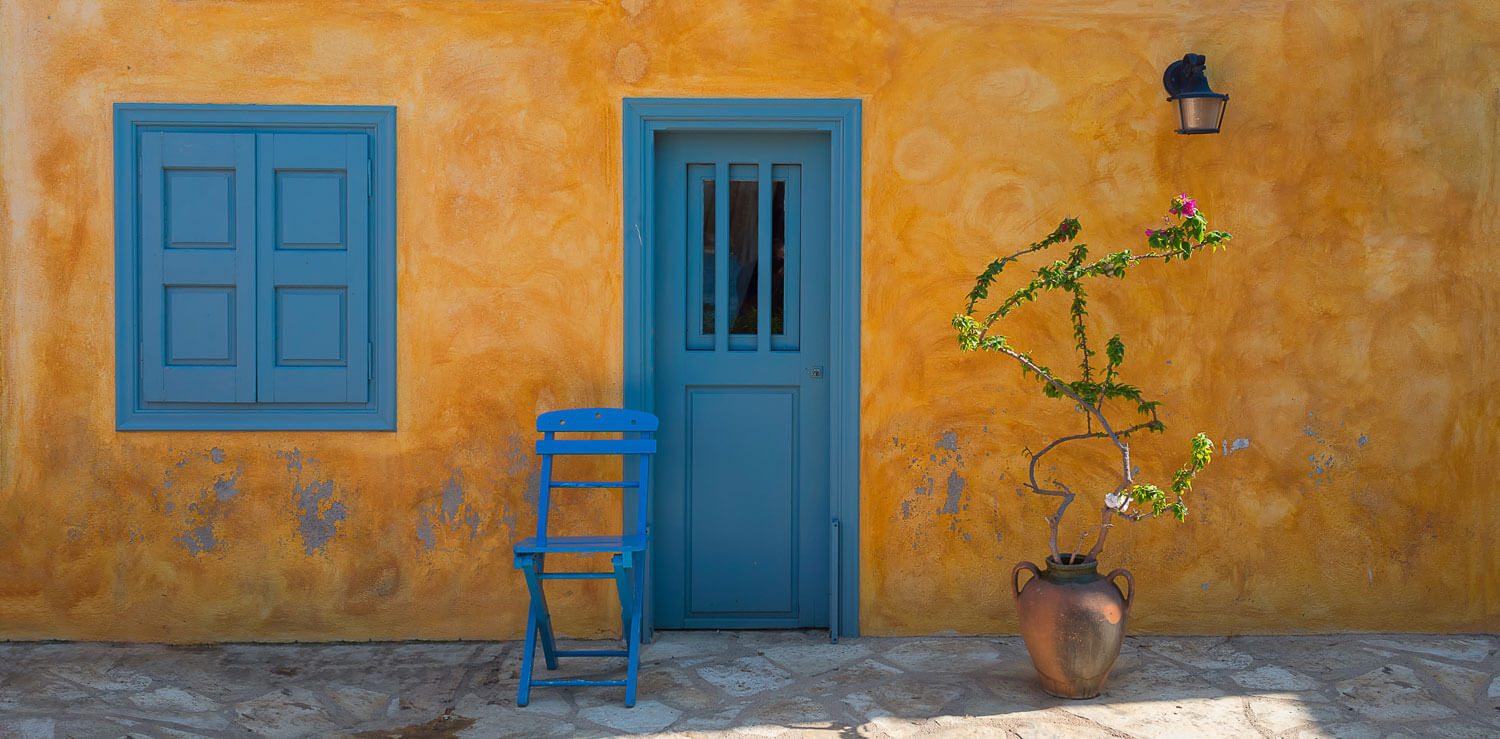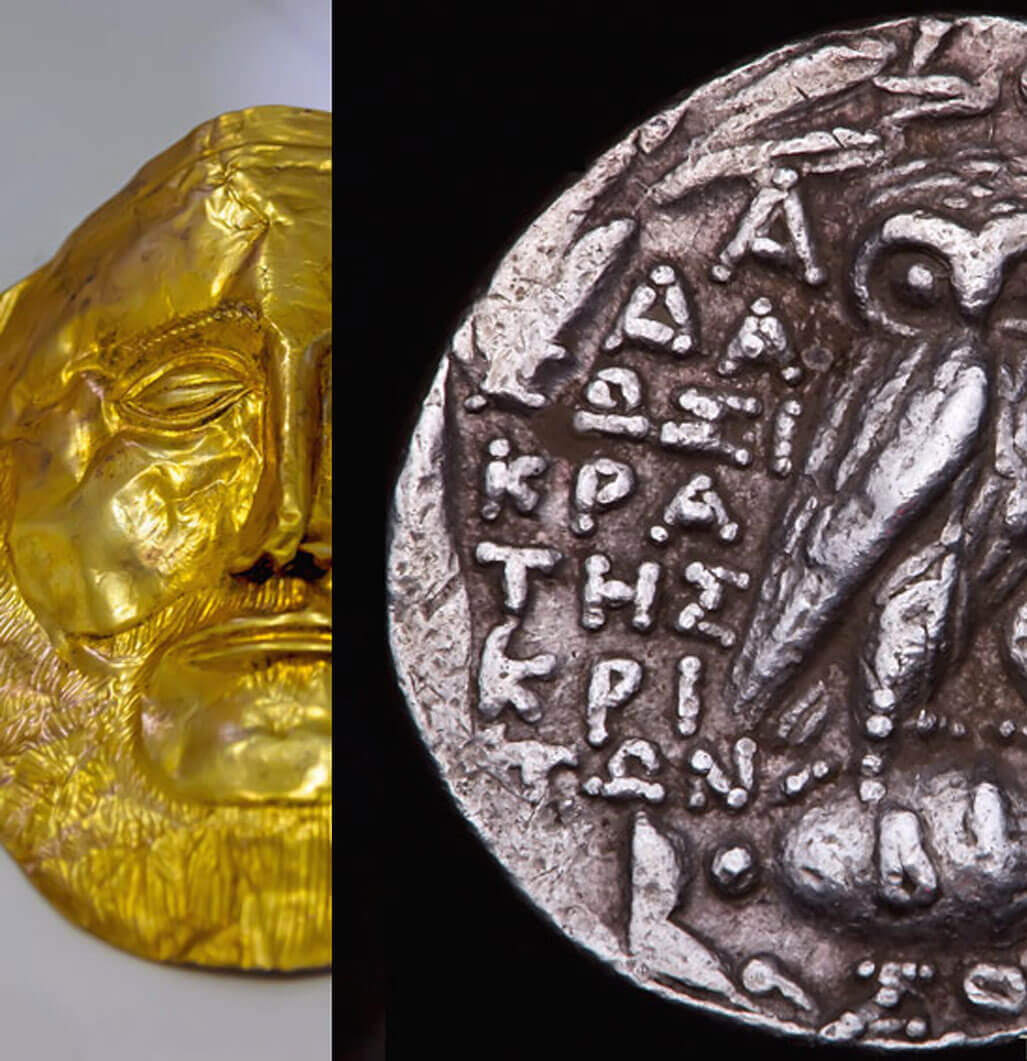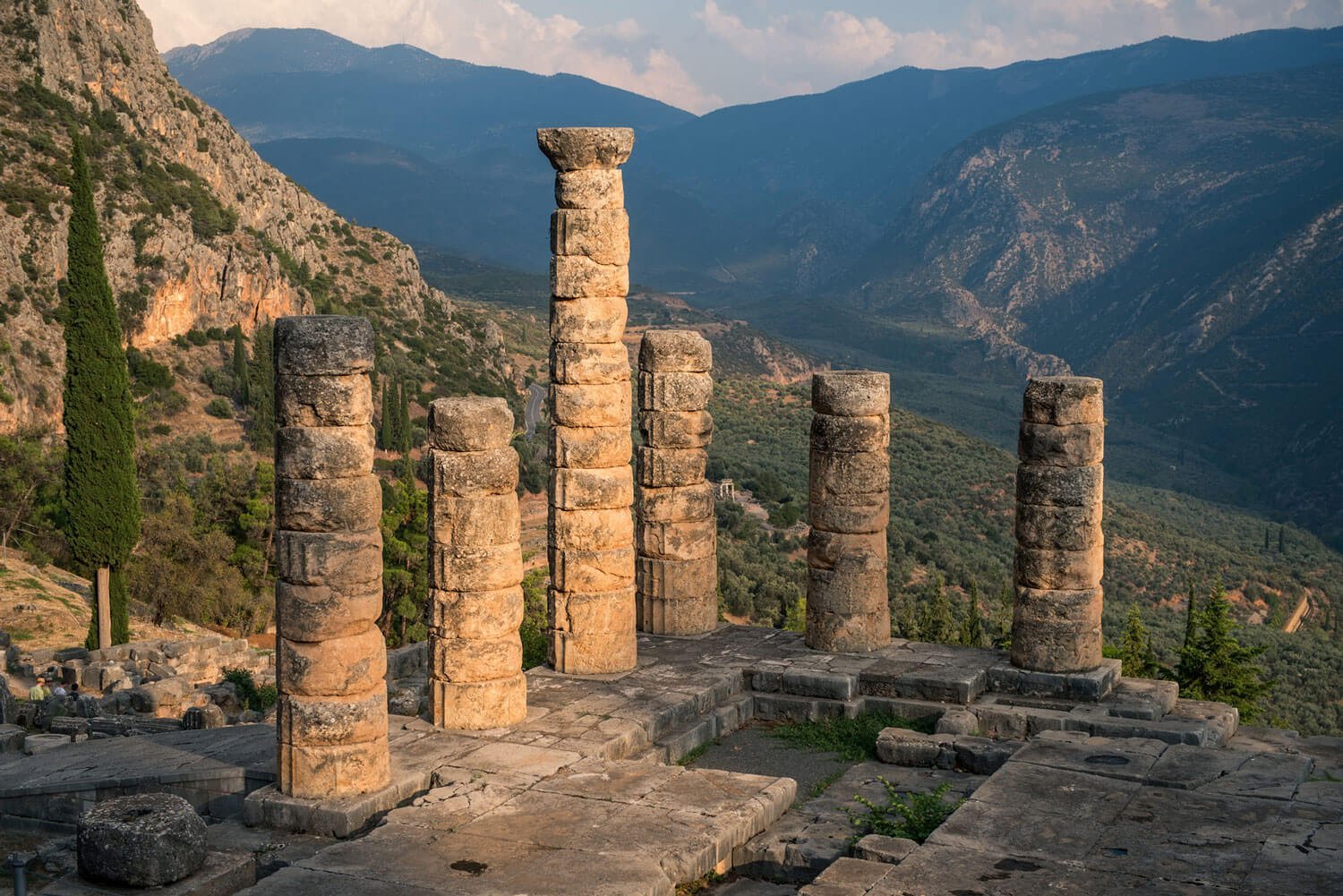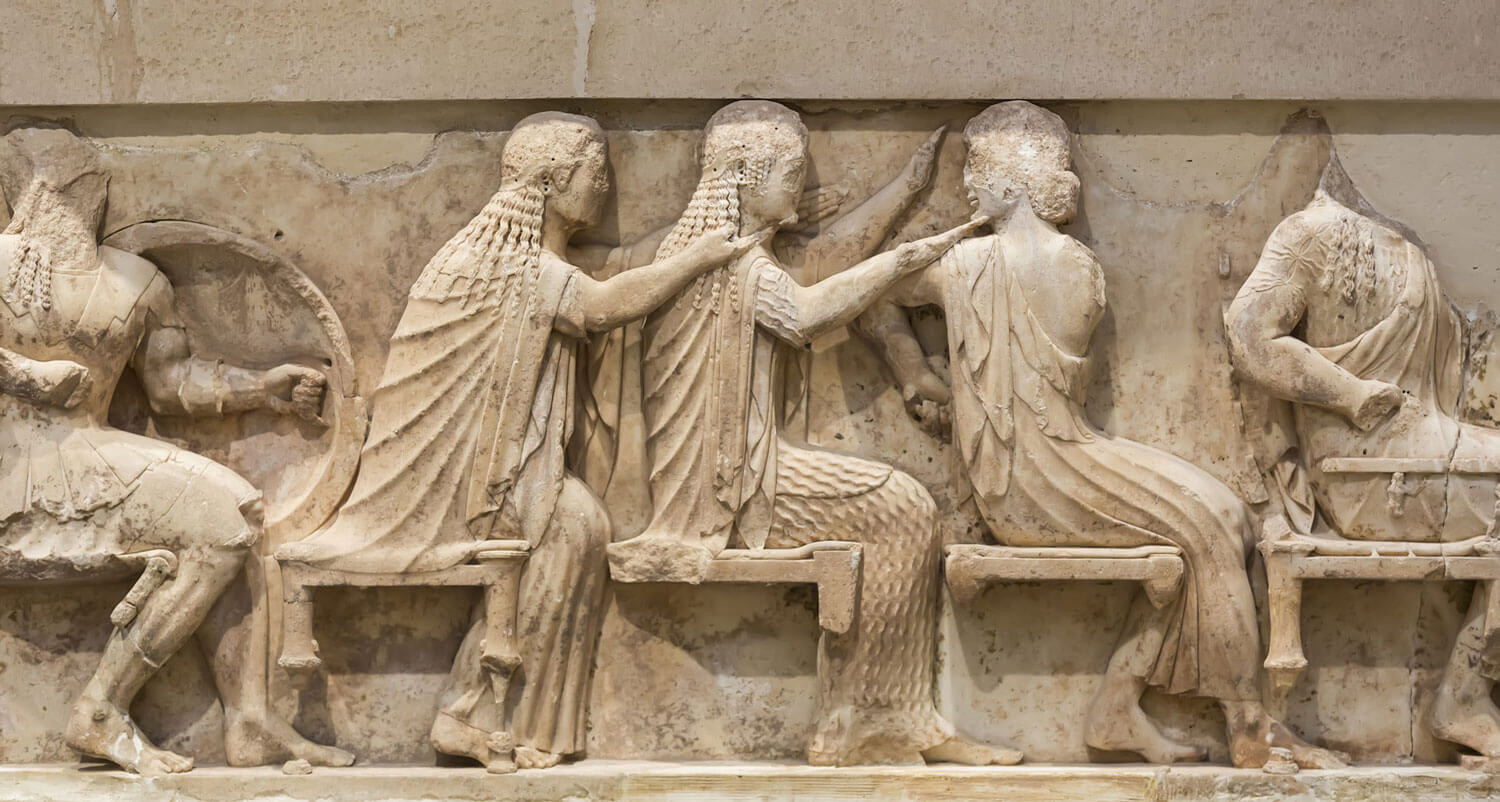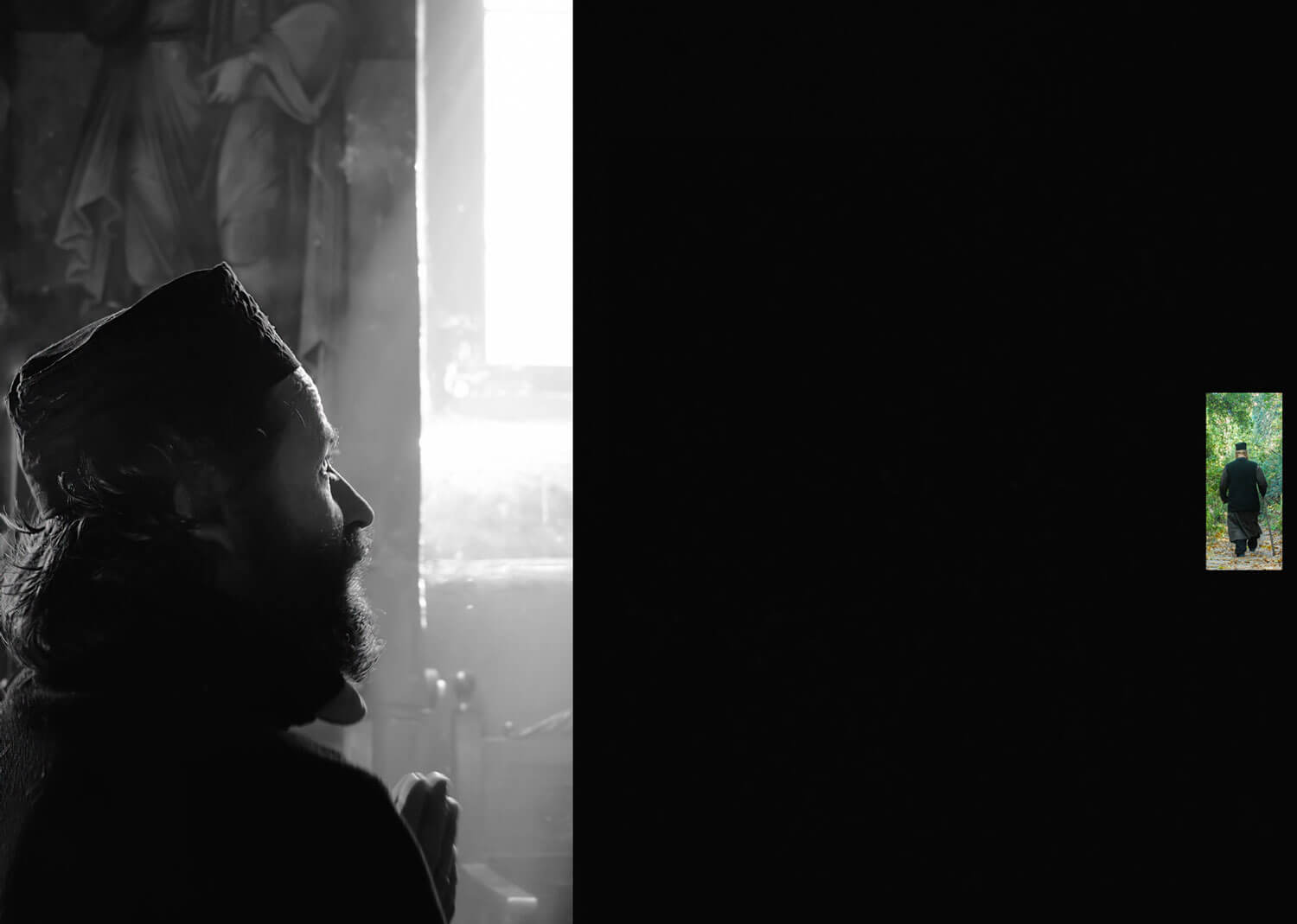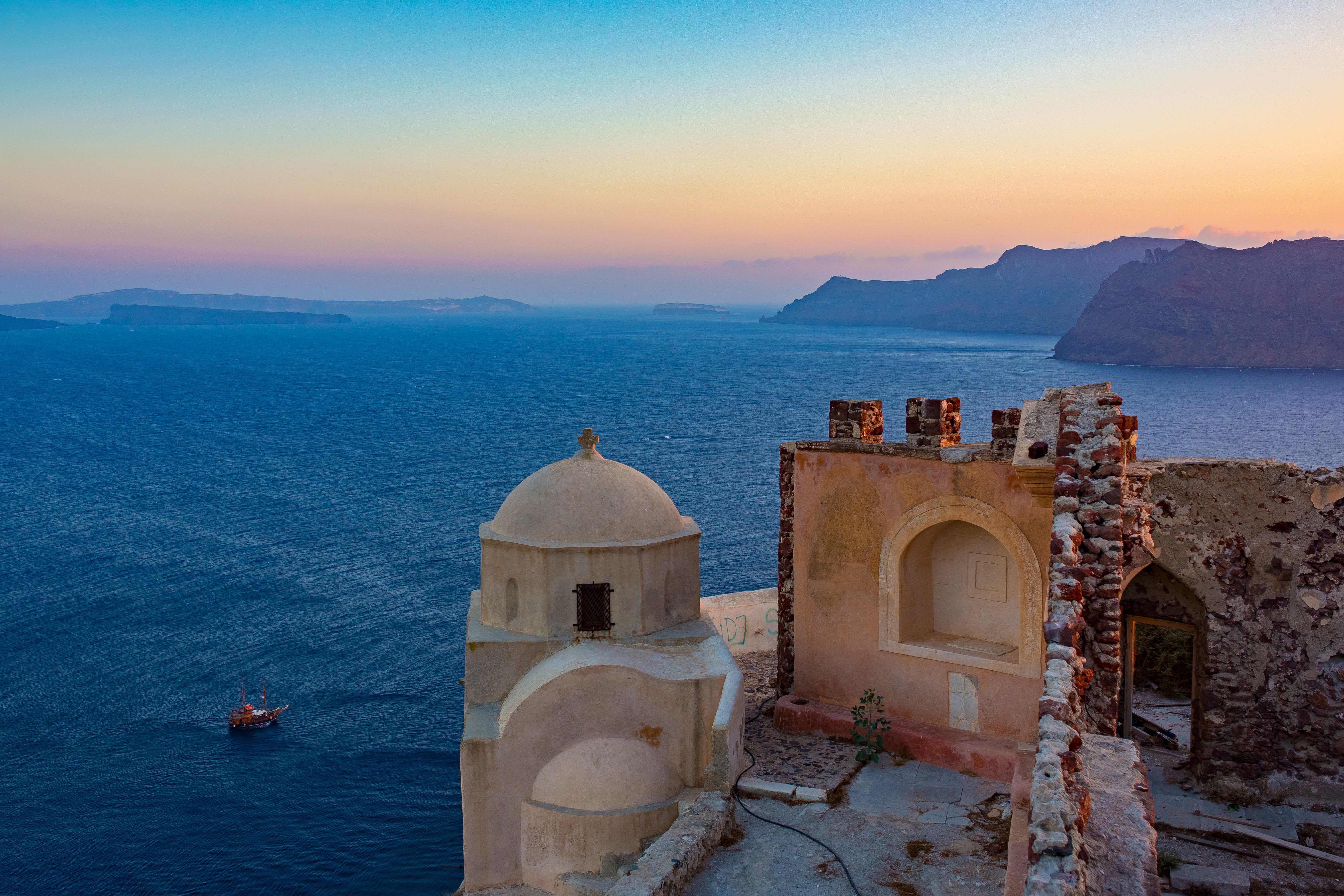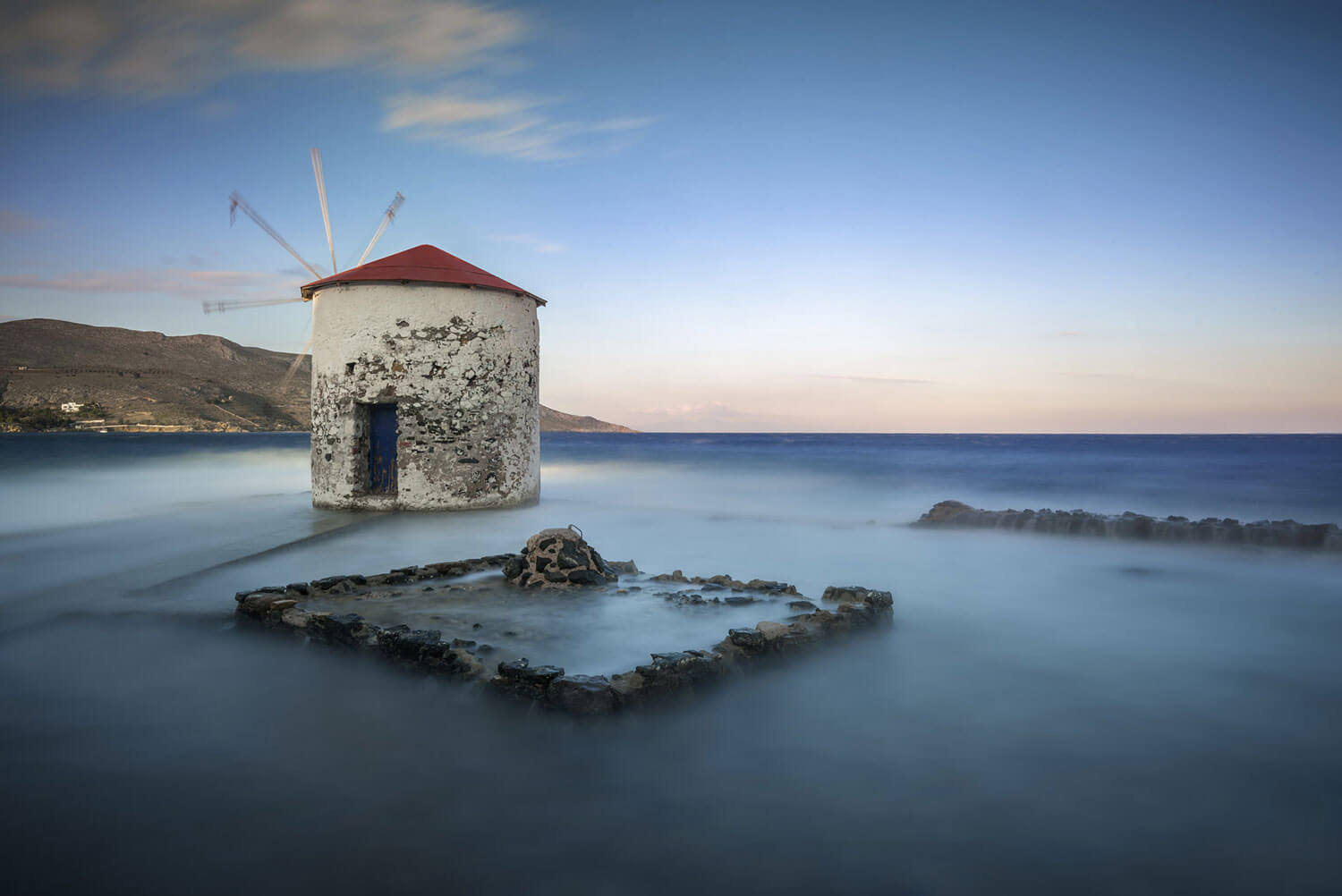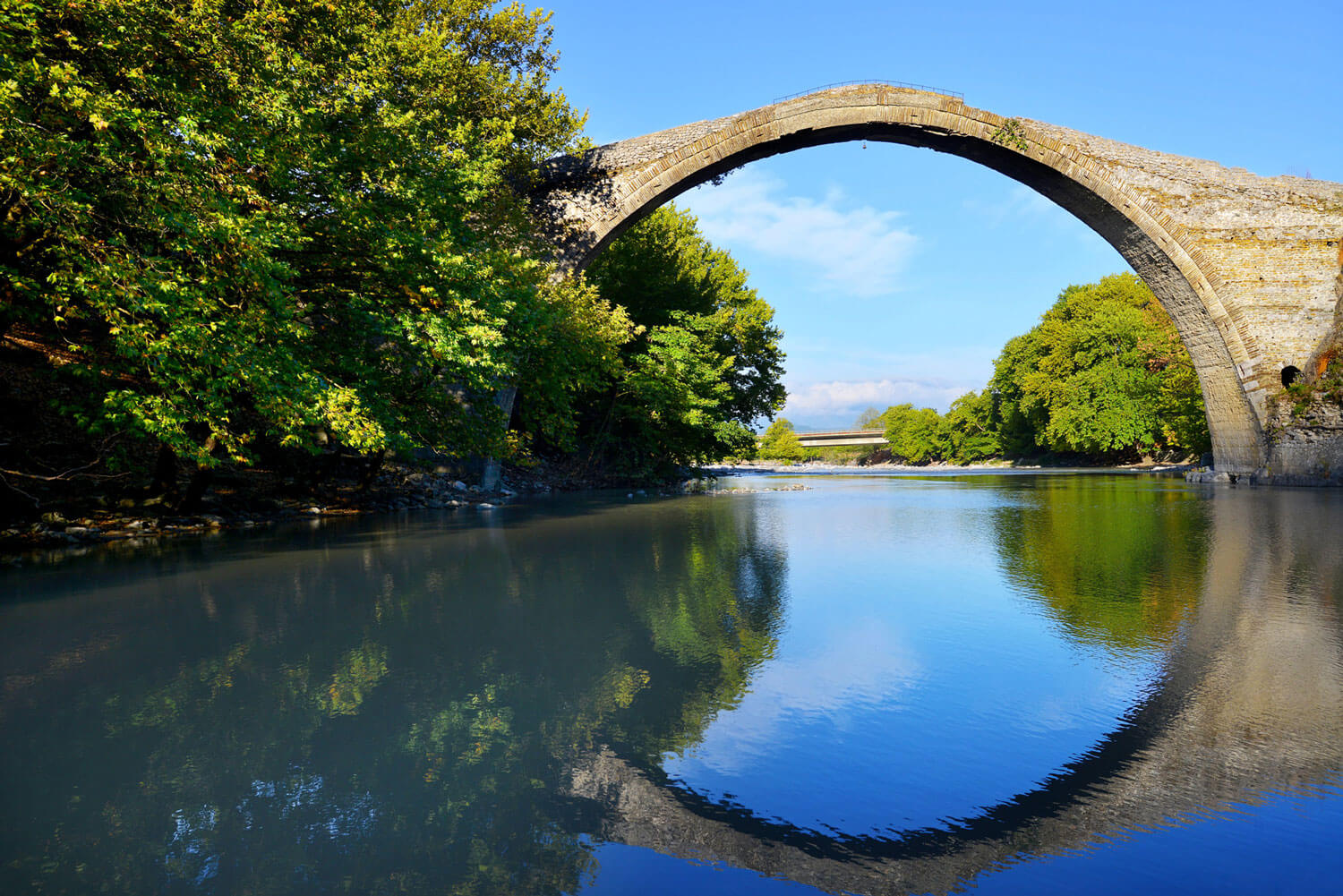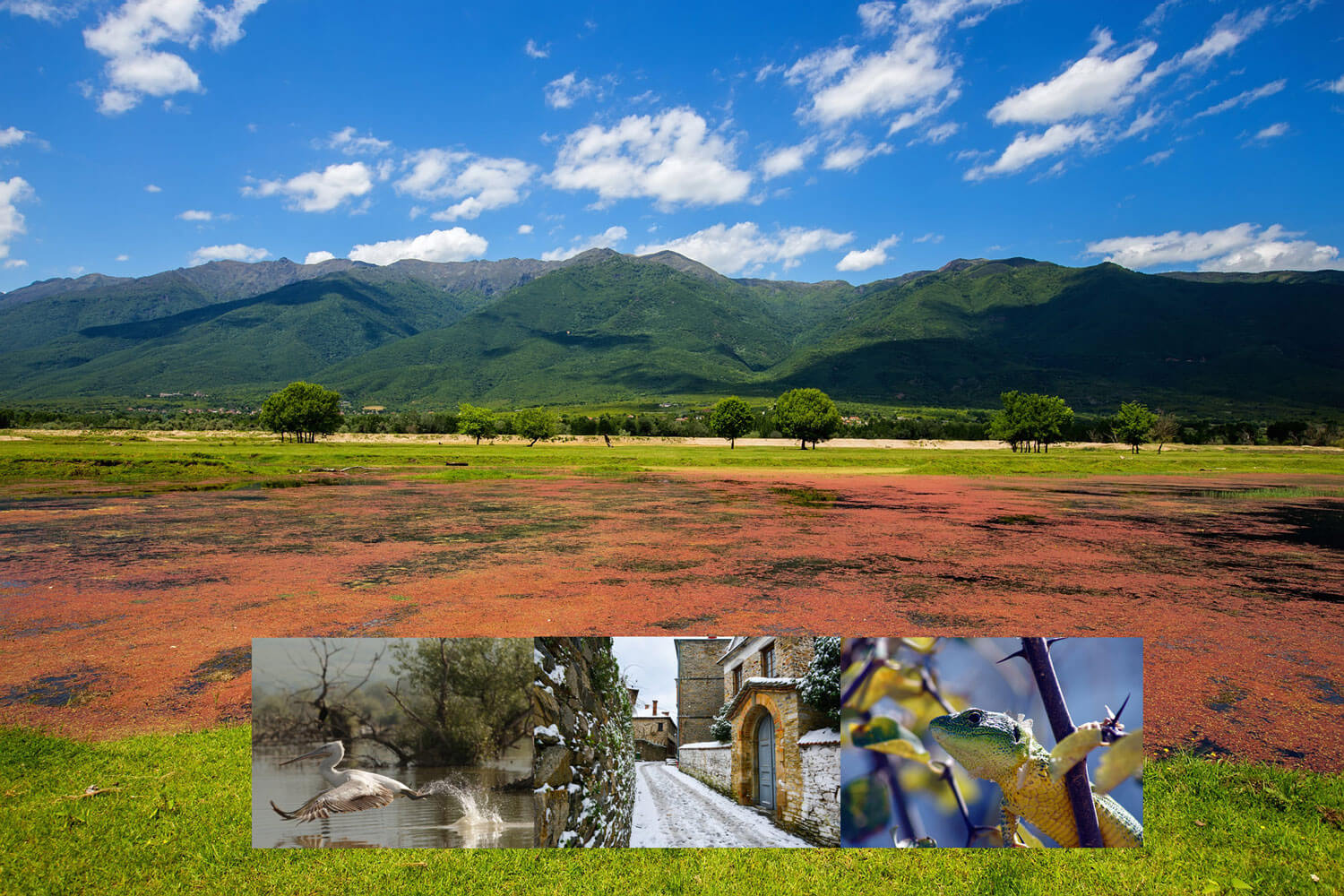For many people, it is the singular, static image of a pretty beach with a tavern on an island in the Aegean Sea.
For some, it is the cradle of Western civilization and somehow it is always blue.
Plato or Zorba, between the myth and corporeality, traveling can bring us closer together.
Please find in this section a brief reference to what of Greece have inspired us to start serving Greece as a destination.
